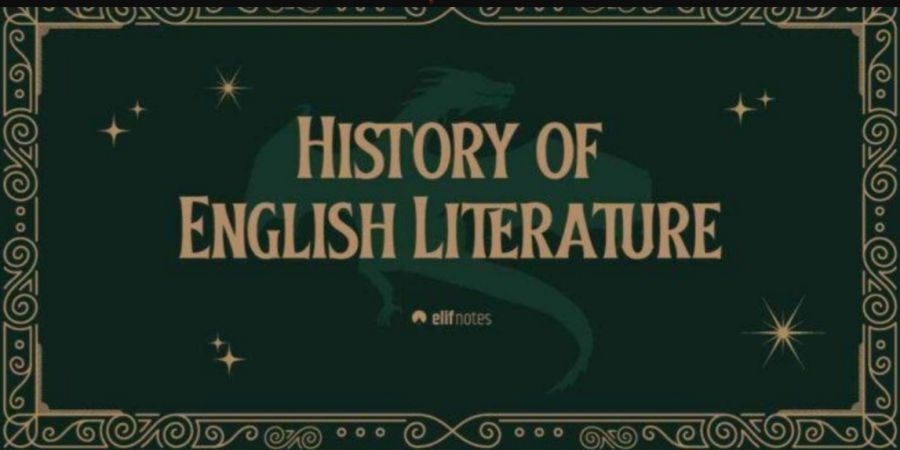

A note on the origin of English literature and the manuscripts in which Old English literature had been preserved.
The Romans left England in 410.The British population was exposed to the inroads of the invaders from the North.The Angels and Saxsons settled in the last quater of the fifth century if not before.
The beginning of English literature, that is, the literature that was composed on the soil of the island that is known as England, is shrouded in the mist of antiquity.The question -'when does English literature brgin?' was for a long time answered variously by various scholar.Until recently the English regarded Chaucer as the first of English poets and all previous literature as un-English.This due to the fact the ectant remains of old English literature, which were preserved in manuscripts , were unkown till the sixteenth century.The discovery of these manuscripts firsts drew the attention of the people to what is today called Old English or Anglo-Saxson literature.Moreover, these manuscripts were written and complied by the ‘clerks’ or ‘churchmen’ three hundred years after the composition of the poems and it is natural that they eliminated many things which clashed with Christian ideas.The authorship of the most of this literature is unknown.Only caedmon and Cynewulf are the two known of them and of names but they too remain names only.NOt much is known of them and of the works that have been atributed to them on pure conjecture.Later study of this literature, written in a language with strange characters and characteristics, led to the theory that a real ntional literature had flourished in the island long the Norman conquest.It was at first characterised as “ Anglo-Saxson Literature” s if it is distinct from English literature.BUt during the last hundred yaers the correctness of this name has been disputed.It was held that English literature is one and indivisible whole and cannot be cut into two parts sharply distinguised from each other.Hence the name ‘Old English Literature’ is given to this earliest extant literature, which was composed on the soil.
The earliest English poetry that grew on the soil of Great Britain was unwritten and has now become ewxtinct.It probably consisted of songs and legends dealings with the deeds of the ancient heroes, sung by the minstrels, who orally composed them, to the accompaniment of the harp and handed down from generation to generation.
Children learnt these tales from their parents and thus they continued.It was when the Anglo-Saxsons conquered the island in the latter part of the fifth century A.D. and settled therein, that the regular history of English literature began.These forefathers of the modren English people were originally heathens, who came from Germany.By the middle of the sixth century almost the whole of England with exception of Wales was swept away by the flood of Anglo Saxson paganism.These people had some native poetry of their own when they lived in the original continental home and some of these they brought to Britain.But none of their poems had nothing to do with Britain , though most of them were written down here in later times.This is what is meant by the expression “the Pagan origin of Old English poetry”.


